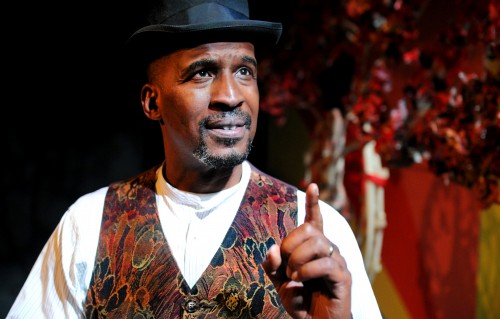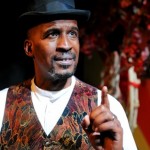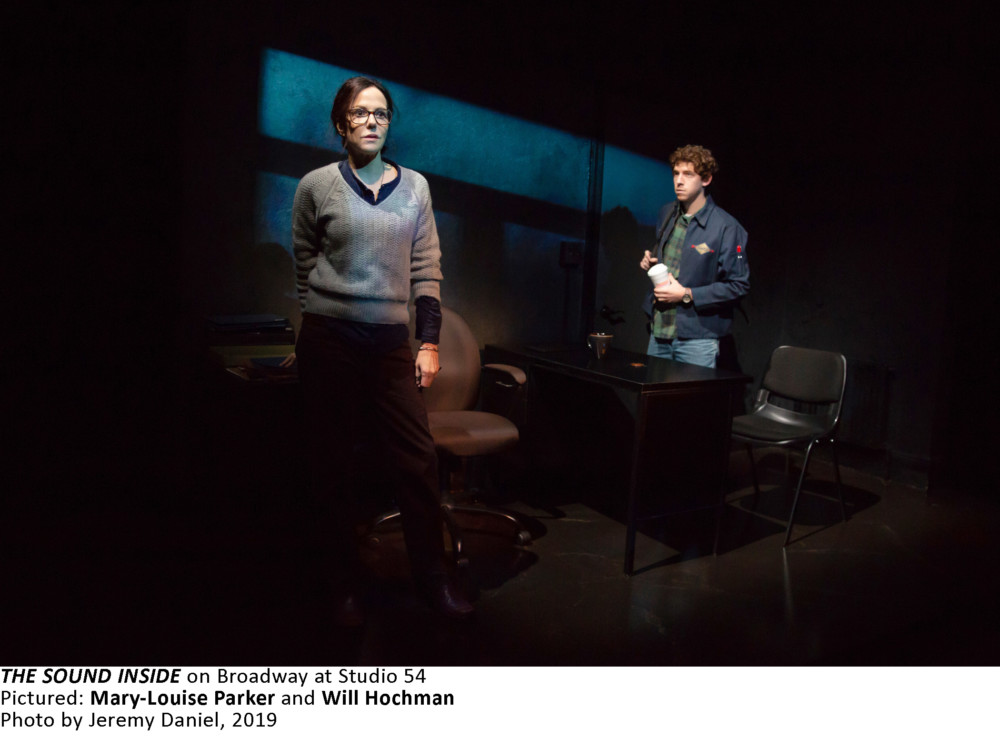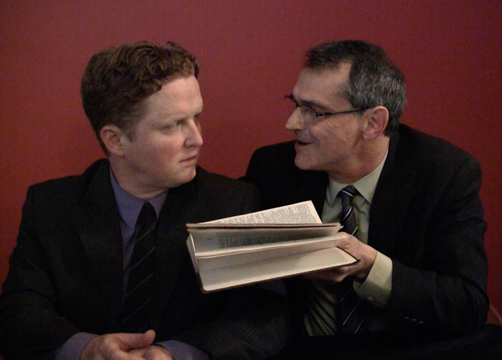NY Theater Review Samuel L. Leiter
Despite a wealth of documentation, it is amazing that no major motion picture (or TV series) has ever been devoted to the extraordinary life and accomplishments of Frederick Douglass (1818-1895), the slave turned orator, politician, abolitionist, and writer. Of course, this founder of the civil rights movement has been the subject of TV biographical documentaries and is a character in many filmic dramatizations of nineteenth-century America; for a fuller, if problematic, picture of the man, interested audiences might wish to visit Phil Darius Wallace’s solo play, Self Made Man: The Frederic Douglass Story, on view at the ArcLight Theatre.
Wallace, who also stars as Douglass, has cobbled together from Douglass’s autobiographies, letters, speeches, and other writings a lively, but not fully satisfying, work that introduces Douglass through both his own words and those of others (Wallace plays fourteen characters in all) who played important roles in his life. Performing against a tree with red plastic leaves (and a hang noose) placed in front of a sunburst of green, yellow, and red stripes, he takes us on a bumpy journey through the great man’s life, from his childhood, where he was raised by his grandmother; to his experiences with the whiplashings of slave owners; to his learning to read at a time when teaching slaves to do so was punishable by death; to abolitionist activities with figures such as William Lloyd Garrison and John Brown; to a meeting with Abraham Lincoln, whom he urged to allow blacks to fight in the Union Army; to his (sentimentalized) reconciliation with and forgiveness—as a recording of “Amazing Grace” is played—of the abusive slave owner he learned was his father (or so says Wallace).
During his narrative, he dons different hats (and the occasional costume piece) to suggest the various people he is portraying, sings spirituals, recites verse, struts like a chicken, dances to African rhythms, and, unnecessarily, breaks the fourth wall to engage spectators with personal comments. He sprinkles his presentation with monologues from Shakespeare to heighten his responses to specific situations (“Hath not a black man eyes?”). None of these extensive infusions is credited to the Bard, nor are the non-Shakespearean poetic passages cited, leaving us to wonder if they—or indeed many other passages, including his grandmother’s words—belong to Douglass or come from Wallace’s imagination.
Regardless of the points Wallace hits during his 80-minute performance, the details of Douglass’s life often remain vague, with few specifics of time and place provided, and with large chunks of crucial information overlooked, including his journey to Ireland and Britain in the 1840s, or his run for the vice presidency in 1872. The script indicates the occasional use of “images,” but director Melania Levitsky eschews projections, which could have been very informative. Too much of the narrative remains bogged down in the hardships of Douglass’s slavery days, requiring that his great accomplishments must be taken on faith. Also, his forgiveness of his father, while dramatically moving, seems questionable, given Douglass’s own statements about never learning who his father actually was.
Although he wears an unconvincing wig, Wallace has the face, bearing, gracefulness, sensitivity, and charisma to make a believable Frederick Douglass; moreover, he is gifted with the kind of powerful and musical voice we associate with dynamic speechmakers. Regrettably, the play itself does not give Douglass’s life the clarity and dimension it requires, and even seems, at times, more a critique of slavery than a biodrama. It seems that we’ll have to wait for the movie—whenever someone makes it—to do the job.
Self Made Man: The Frederick Douglass Story
ArcLight Theatre
152 W. 71 Street
Through December 14























